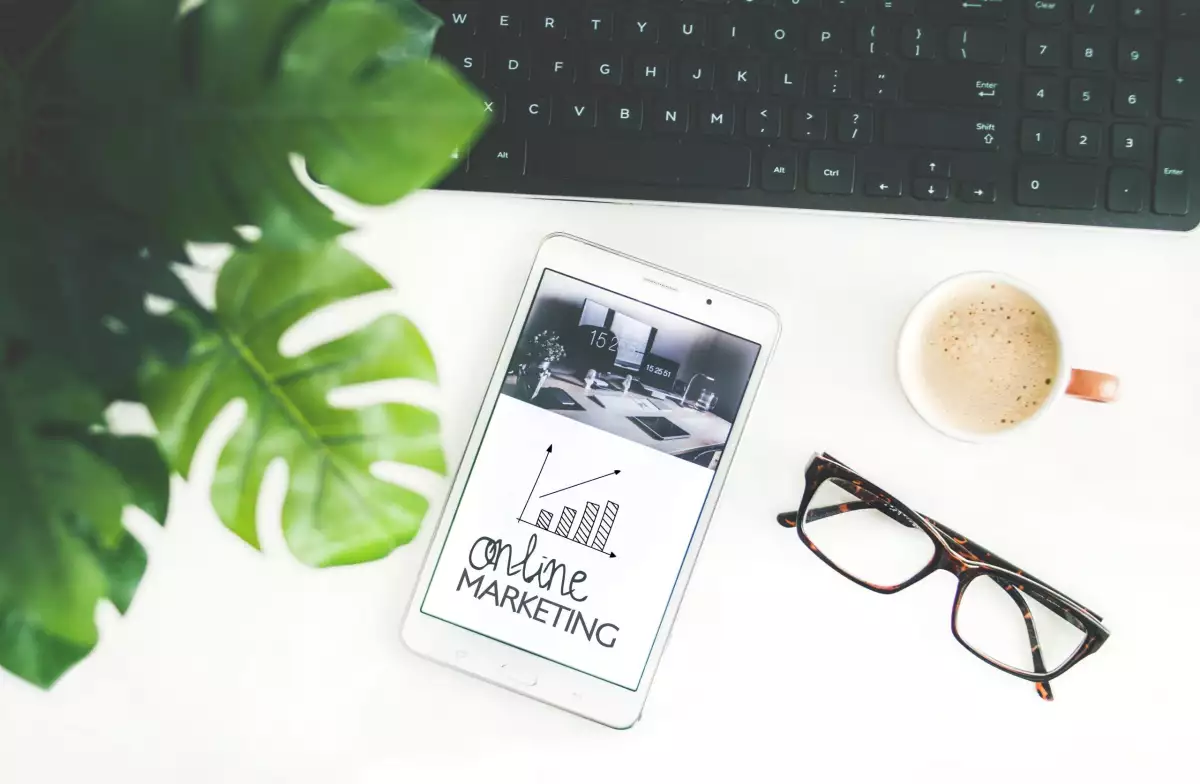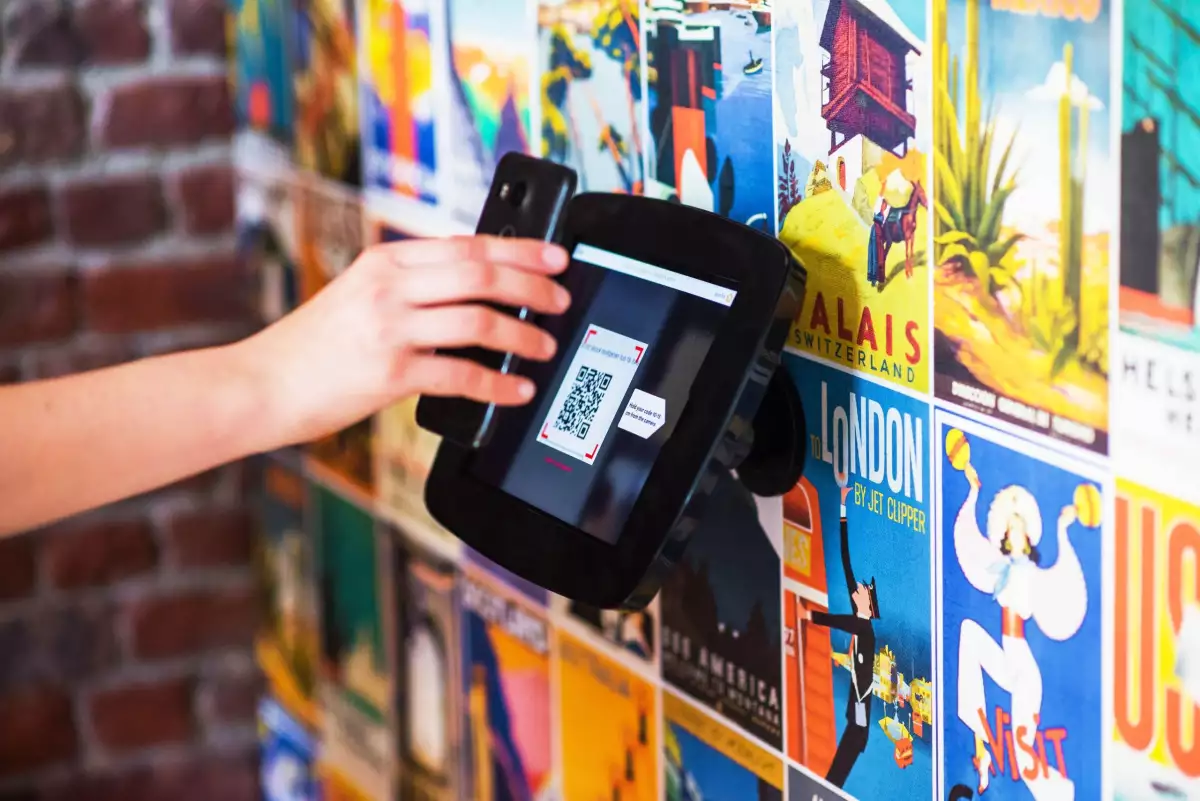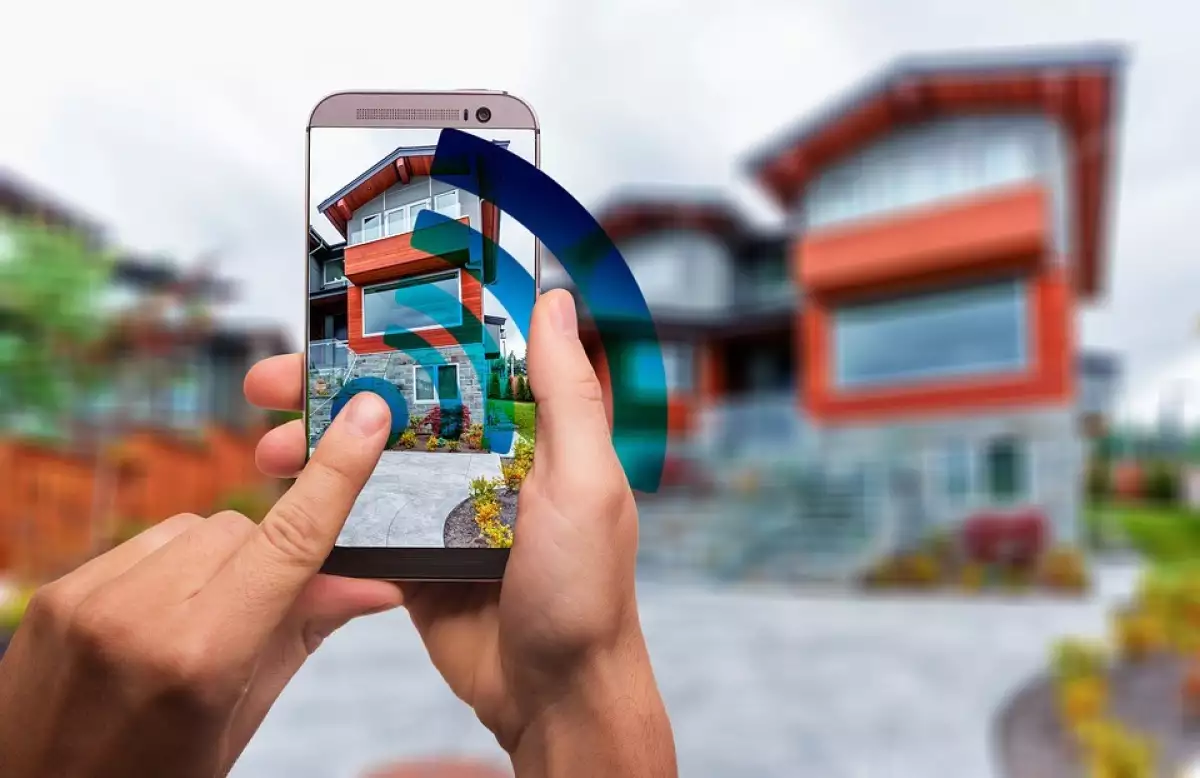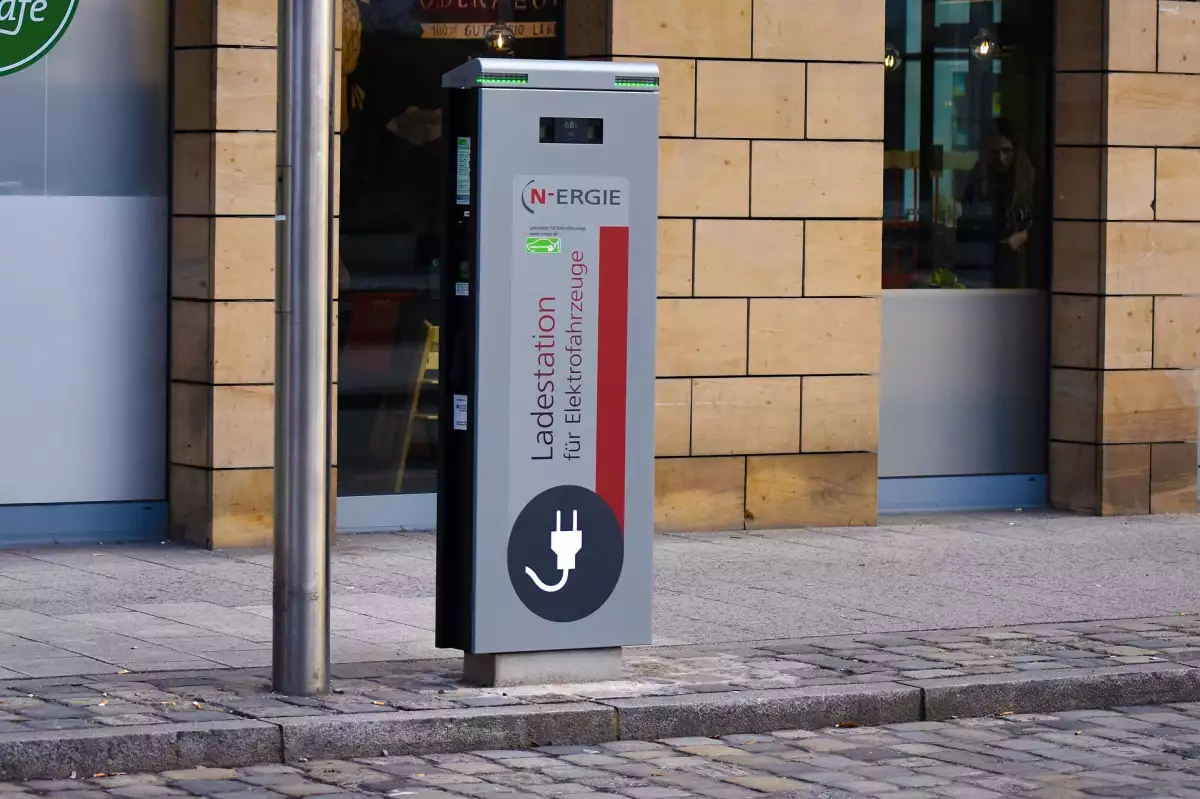Guideline
Acting SMART – What Does It Mean in the Hotel Industry?
The term "SMART" has become one of the key buzzwords of digitalization. This can be a challenge for small and medium-sized enterprises, as digitalization has changed the professional environment for hoteliers. Online marketing and sales, revenue management, online feedback, social media, and sustainable business practices are some aspects that can make it difficult for hoteliers to keep up with rapid developments and remain competitive.
Based on this, as well as discussions with businesses and research, Wismar University has developed a guideline. This guideline is designed to help hoteliers through a three-stage system (SMART, SMART plus, and all SMART) to assess the level of digitalization in their hotel, discover the potential of new technologies, and gain an overview of the market and its opportunities—all tailored to their hotel concept. One thing is certain: hotel concepts are diverse and are based on different guest experiences. Nevertheless, there are essential criteria that must be met to remain competitive in the future.



